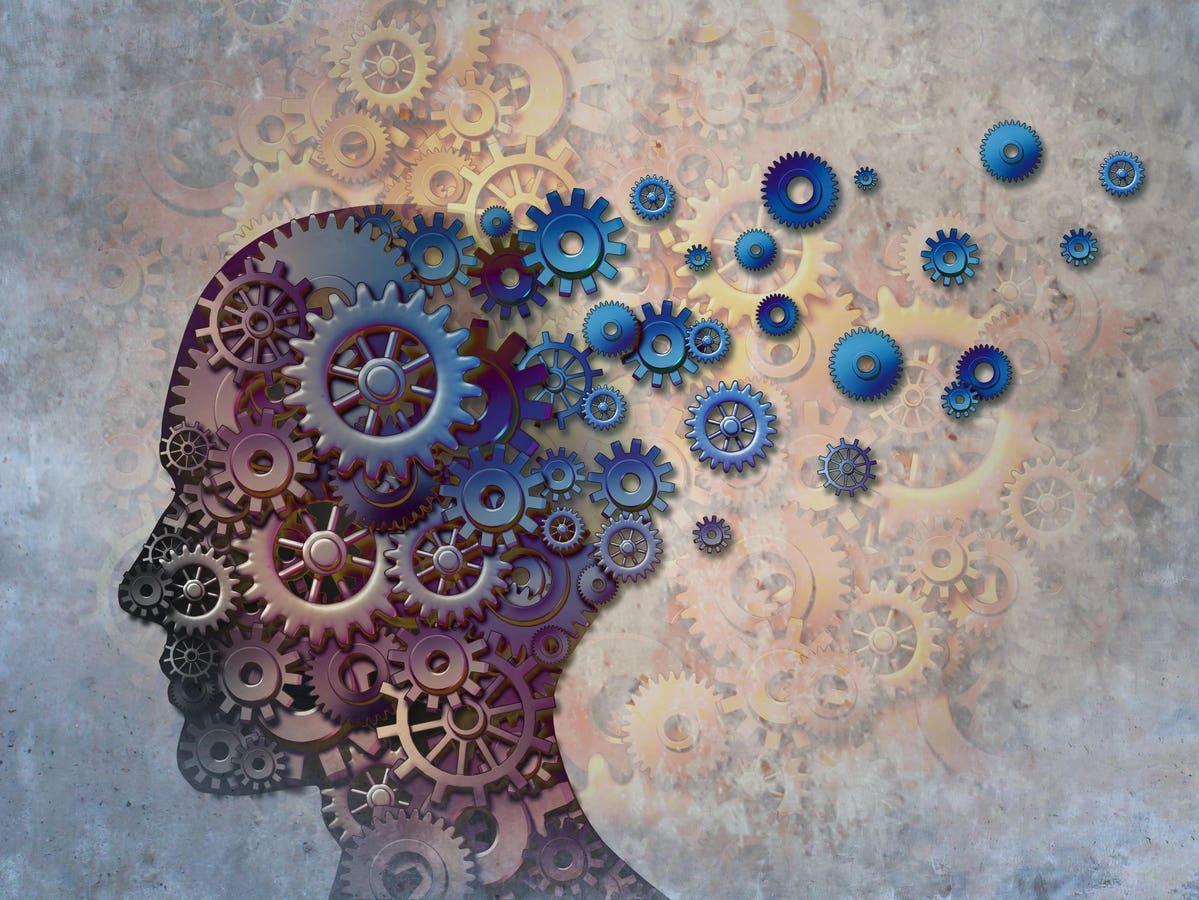Generative AI Offers Free Mental Health Guidance for DSM-5 Disorders

The Role of Generative AI in Providing Mental Health Advice
In recent discussions, a notable focus has emerged regarding the use of generative AI, particularly in the context of mental health. This article delves deeper into how generative AI platforms like ChatGPT can offer advice on various mental health disorders as referenced in the DSM-5, or Diagnostic and Statistical Manual of Mental Disorders, Fifth Edition. The DSM-5 is a crucial resource for mental health professionals, offering insights and definitions for numerous mental disorders.
Understanding the DSM-5
What Is the DSM-5?
The DSM-5 serves as a comprehensive guide utilized by mental health professionals, including psychologists and psychiatrists, to diagnose mental disorders. Its primary objective is to assist trained clinicians in developing accurate diagnoses that drive effective treatment plans. This manual is essential in the clinical world and provides a robust foundation for understanding mental illnesses.
Key Definitions
The DSM-5 defines a mental disorder as a syndrome marked by clinically significant disturbances in an individual’s cognition, emotional regulation, or behavior. Such disturbances often lead to considerable distress or impairment in social or occupational areas. Notably, reactions considered culturally acceptable, like grief from a loss, are not classified as mental disorders.
Major Categories of Disorders
The DSM-5 outlines approximately 300 mental disorders, which are categorized into 20 main groups:
- Neurodevelopmental Disorders
- Schizophrenia Spectrum and Other Psychotic Disorders
- Bipolar and Related Disorders
- Depressive Disorders
- Anxiety Disorders
- Obsessive-Compulsive and Related Disorders
- Trauma- and Stressor-Related Disorders
- Dissociative Disorders
- Somatic Symptoms and Related Disorders
- Feeding and Eating Disorders
- Elimination Disorders
- Sleep-Wake Disorders
- Sexual Dysfunctions
- Gender Dysphoria
- Disruptive, Impulse-Control, and Conduct Disorders
- Substance-Related and Addictive Disorders
- Neurocognitive Disorders
- Personality Disorders
- Paraphilic Disorders
- Other Mental Disorders
The Role of Generative AI in Mental Health
Can AI Provide Mental Health Advice?
Generative AI, specifically platforms like ChatGPT, has the ability to generate advice across all 20 DSM-5 categories. When tested, it readily provides insights and guidance for each disorder without hesitation. However, while this availability can be beneficial, it raises important concerns.
Strengths and Weaknesses of AI-generated Advice
Here are some critical points regarding the effectiveness of AI in offering mental health advice:
- Comprehensive Range: Generative AI can quickly provide a vast array of mental health advice across different disorders.
- Surface-Level Responses: While the advice is broad, it often lacks depth, failing to consider individual nuances that a trained therapist might understand.
- Utility and Accessibility: AI can serve as a useful resource for general information, making mental health advice more accessible.
- Potential Misguidance: There is a risk of misinformation or inappropriate advice being dispensed, especially if users fail to seek professional consultation.
Generative AI in Action: Real-World Examples
The following examples illustrate how AI interacts with queries about various mental health disorders:
Neurodevelopmental Disorders: A 13-year-old inquired about advice related to an intellectual disability, and AI emphasized understanding strengths, seeking support, and developing coping strategies.
Schizophrenia: A 25-year-old concerned about persecutory delusions received advice to self-educate, practice self-care, and challenge negative thoughts.
Bipolar Disorder: An 18-year-old with bipolar I disorder was advised to understand their condition, adhere to treatment, and identify triggers.
Depressive Disorders: A 38-year-old suffering from disruptive mood dysregulation received tips on recognizing triggers, practicing relaxation, and committing to treatment.
- Anxiety Disorders: A 16-year-old with separation anxiety was guided on gradual exposure, safety plans, and setting achievable goals.
The same pattern precedes for other categories, showing that generative AI can respond promptly, addressing the individual’s circumstances while providing generalized advice.
Ethical Considerations Surrounding AI in Mental Health
As generative AI becomes more integrated into providing mental health advice, several ethical questions arise. For instance, should there be regulatory standards governing how AI dispenses mental health information? With the absence of standardized protocols, there’s a risk that individuals might rely on AI-generated guidance without seeking professional help.
Given the complexity and sensitivity of mental health, it is crucial to approach AI interactions with caution. Engaging with AI should not replace the invaluable insights of a human therapist.



